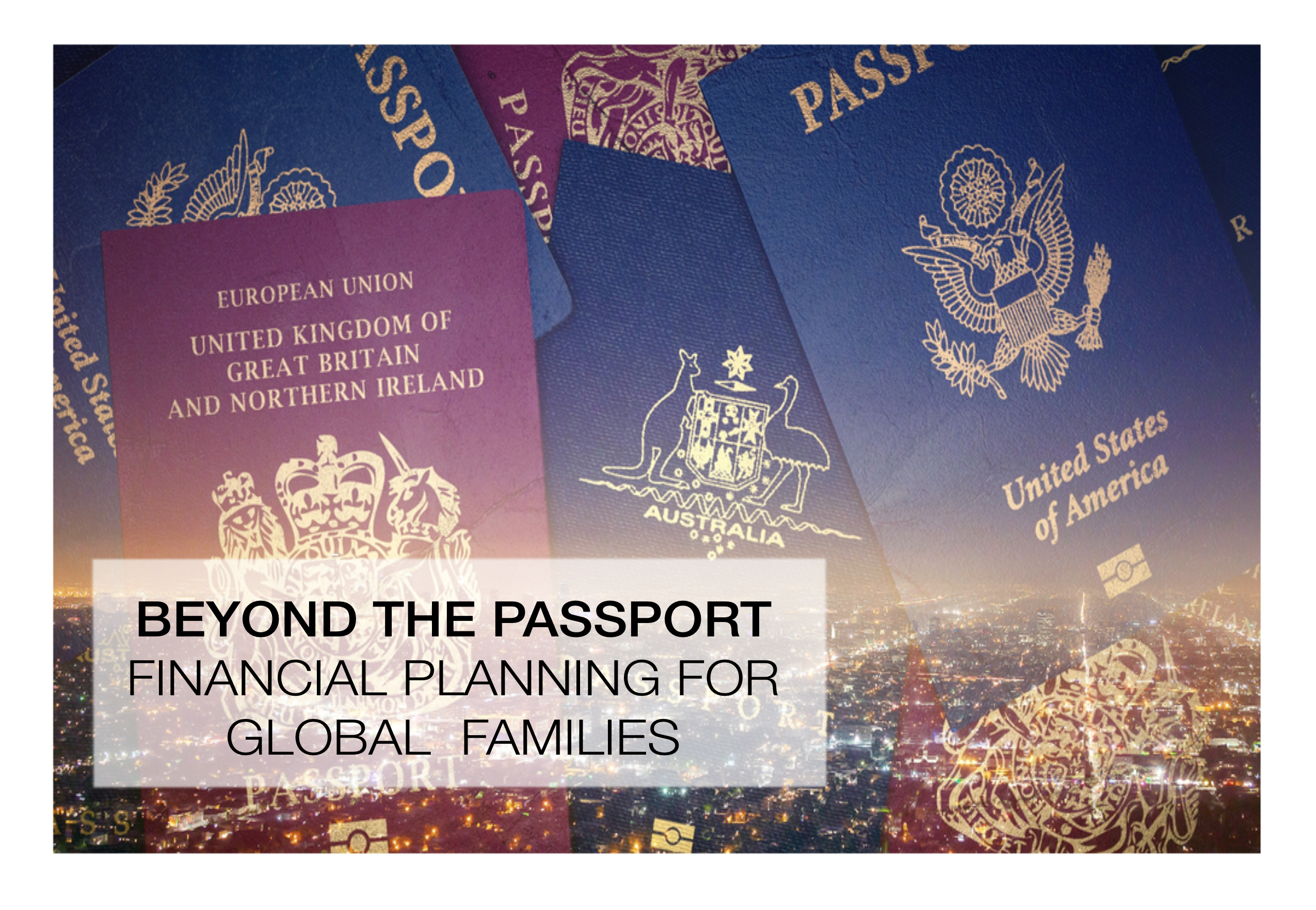Most ultra-high net worth families live a global lifestyle, which means they face unique tax issues related to their financial assets and their estate planning. Many own homes, and may have business interests, in multiple international jurisdictions. Regardless of their travel habits or places they claim domicile, they must pay careful attention or risk action by one or more tax authorities.
Consider the situation of international singer Shakira. For years, the Colombian pop star claimed residence in the Bahamas, whilst reportedly living in Spain with her husband. Now, Spanish prosecutors have charged her with tax fraud and are seeking US$24 million in fines and upward of eight years in prison.
But you needn’t fear the threat of tax fraud to have reason to watch the tax implications of your global movements. In fact, this has nothing to do with your lifestyle, per se, but instead is a matter of life and death, literally.
Imagine you’re an American family with residence, business interests and a home in France (we’re using France as an example, but many nations have similar laws and tax consequences). Now, imagine one spouse dies whilst living in France. The estate could be charged 40% or more in French taxes for the property and various other possessions, such as land, art, antiques, jewellery and cash. This is atop what the I.R.S. will demand, keeping in mind the situs of the assets and tax allowances.
Cross-border concerns come to bear as well when you have children living in different jurisdictions. What will happen with my assets and what is the tax treatment for each of my children? Can they hold certain assets, and does more planning need to be to ensure I’m not passing them a problem. In the US, you have the additional issue of state lines, as some states have higher taxes than others; what can be done to isolate an inheritance from these additional taxes.
I once dealt with a Turkish family that sold their business to a British company and took shares in the buying entity. If one family member who held title to the assets were to die, the holdings would be subject to a 40% UK inheritance tax – as the shares were considered UK situs. The fact that the family had never lived in England was irrelevant.
Some title property in the name of a business or trust, as a defence against personal liability or tax implications. This isn’t fool proof, however. England and the U.S. recognise trusts as common law practices. Many other countries, which are not common law jurisdictions, such as Turkey, do not.
Dealing with assets held abroad can be equally taxing, for estates and heirs alike. So, if your children are in England, France, Switzerland or any other nation, know that no two nations’ tax laws are alike. Some think the 6% Swiss inheritance tax is a sweet deal. Yet, citizens face a life-long wealth tax. In the UK, there is a requirement to separate capital and income. So, whether you’re coming or going, it is important to understand what taxes you are paying and what you maybe opening yourself up to.
The issues are equally taxing for families taking extended jobs or assignments abroad. They imply a need to understand the tax impact for that time period, and new checking accounts subject to the local tax system. If you are a US person, some jurisdictions aren’t friendly to US taxpayers. And if you have investments home or abroad, claims of domicile could impact how those are taxed. Just ask Shakira.
Whether you’re domiciled, own property or find yourself living abroad for extended periods, know the tax regulations of that nation or the treaties between your country of citizenship and that where you have residence or own property. This isn’t just for you, but also for your children or heirs. Map out your residence and the nations where you own assets, to see how the current laws or changes under each jurisdiction could impact your tax situation, especially if passports held by you, your spouse or children and heirs regularly get stamped or have visas attached.
Protecting your assets against unnecessary taxation is a foundation of sound financial planning. Protecting them against double taxation by two or more nations where you live or work is critical to long-term wealth preservation.
Sound complicated? You bet it is. If you need guidance, let’s talk.

Leave A Comment